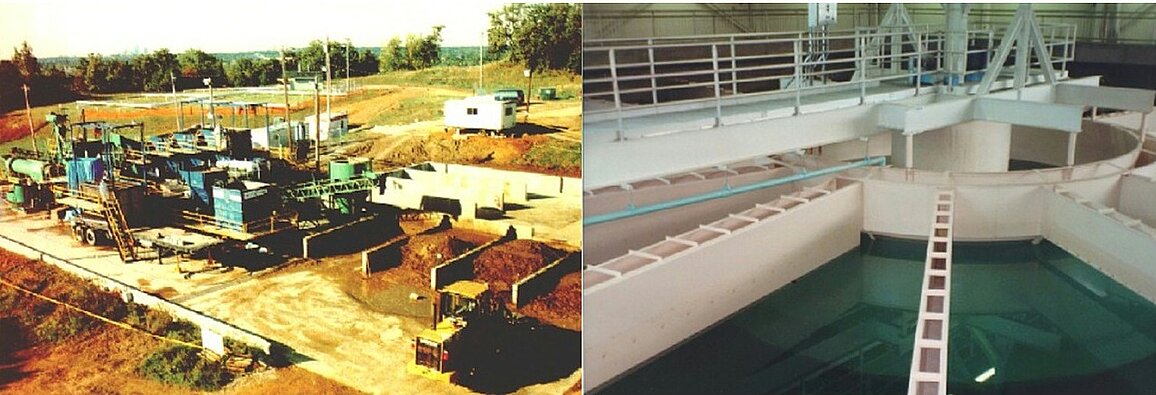Environmental Engineering
Environmental engineers work to protect human health and safety and protect the natural environment from pollution. They plan, design, operate, and maintain systems to treat drinking water, remove pollutants from water and air, safely dispose of solid wastes (garbage) and hazardous wastes. They may work to clean up sites contaminated with hazardous wastes, and help industries prevent pollution by improving their production methods. Environmental engineers may also be involved in enforcing environmental regulations. Some areas currently of interest to environmental engineers might include:
- improved methods of determining the extent of contamination at polluted sites
- improved treatment methods for cleaning up polluted sites
- environmental audits of companies to reduce pollution and save money
- developing uses for recycled materials
- reducing the volumes of solid and hazardous waste through conservation and reuse
- developing improved methods for treating water, wastewater, and polluted air
Participating Faculty: Dr. Achintya N. Bezbaruah, Dr. Wei Lin, Dr. Kelly Rusch
The first picture shows clean-up of a lead-contaminated site, while the second shows a water-softening basin at the new Fargo Water Treatment Plant.



